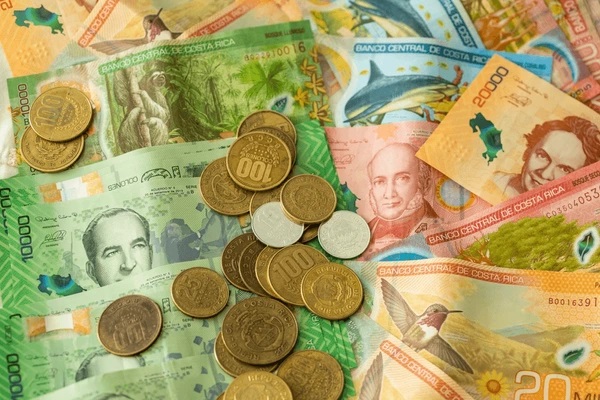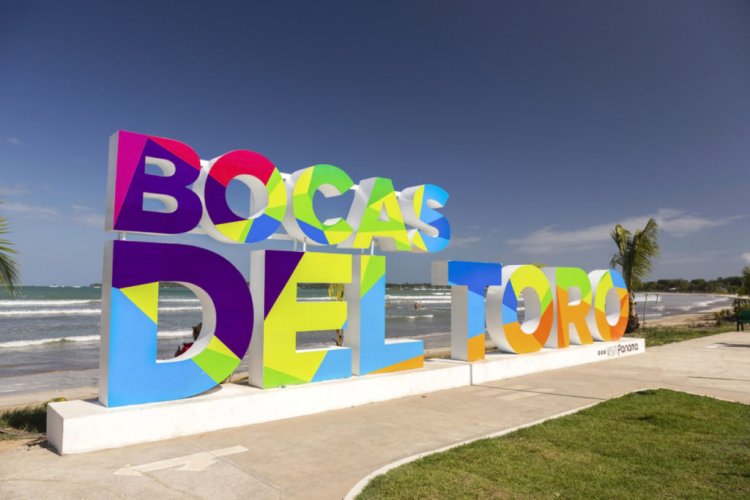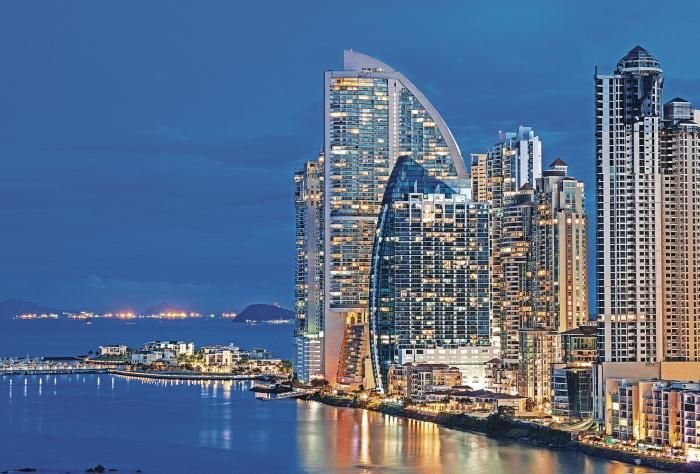Costa Rica’s Colón Soars Against Dollar

Our neighbor Costa Rica is charging us more to buy their currency and may limit tourism in Costa Rica if it costs more to spend time there. The appreciation of the colón against the dollar has caused a stir in various sectors of Costa Rica. The dollar price in Costa Rica reached its lowest point in the last 14 years. The average value in the Monex foreign currency market is ₡507 per dollar, and there are already several banks offering the dollar for less than ₡500. Gerardo Corrales, an economist, explained that it is urgent to return to a point of equilibrium, close to ₡620. Otherwise, there is a risk of making the country even more expensive and losing countless jobs associated with the export sector, tourism, and free trade zones. The problem is that Costa Rica is an economy highly dependent on the external market, so a drop in the value of that currency has a high impact. In fact, on several occasions, the business sector has asked the government to intervene to stabilize the exchange rate. However, the government has remained on the sidelines, stating that the Central Bank of Costa Rica (BCCR) does not have a major influence and has not changed its policy rate out of fear of influencing inflation. The Central Bank of Costa Rica’s main objective has been to control inflation, which has already been achieved, given that, according to OECD data, Costa Rica closed 2023 with -1.8% inflation, its target being 3% with +/-1% variation. However, inflation control is generating a high social cost and loss of competitiveness.
Liberación Nacional deputy, Andrea Álvarez, pointed out that the government wants to benefit the main campaign financiers. “We have a Central Bank president who seems indifferent to the human toll of his policies, prioritizing favorable statistics on paper over the well-being of the Costa Rican people. This impacts not only the daily lives of many individuals but also the broader welfare of our nation,” she emphasized. In an unfortunate statement, Costa Rica’s Vice President, Stephan Brunner, said that the complaints were probably coming only from the export sector and that companies should “reconsider exporting if they are not profitable due to the fall in the exchange rate.” Businesses responded by stating that the country has an economy characterized by the diversification of both traded goods and destinations; exports of goods, services, and tourism represent 41% of the Gross Domestic Product, being key economic activities. “Given Costa Rica’s status as an economy deeply intertwined with international trade, partially reliant on the dollar, and with tourism and agriculture as primary sectors outside the GAM, a swift appreciation of the dollar lacking in real productivity foundations squeezes the profit margins of businesses and individuals earning predominantly in dollars. This leads to a drying up of cash flows and, beyond certain thresholds, operational losses for companies,” explained Adriana Rodriguez, General Manager of Acobo Stock Exchange.






